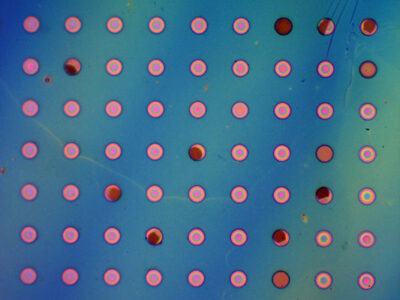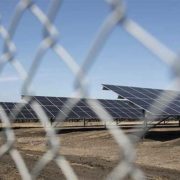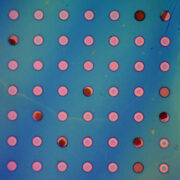The Swiss Team took first place overall by designing, building, and operating the house that best blended smart energy production with innovation, market potential, and energy and water efficiency.
The University of Maryland took second place, and the University of California, Berkeley, and University of Denver team took third place.
The teams competed in 10 contests throughout a nine-day stretch that gauged each house’s performance, livability, and market potential.
They performed everyday tasks including cooking, laundry, and washing dishes, which tested the energy efficiency of each house.
Full competition results and details about the individual contests may be found at www.SolarDecathlon.gov.












Comments